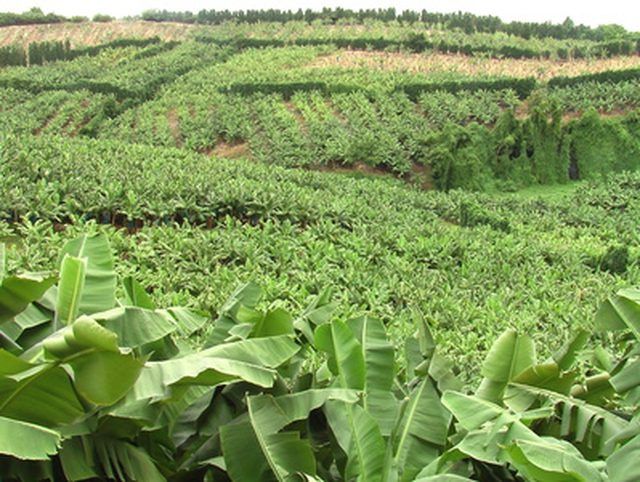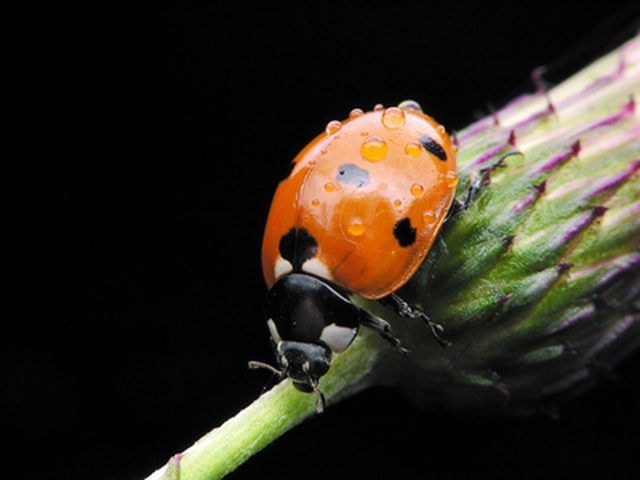Bulbs
Flower Basics
Flower Beds & Specialty Gardens
Flower Garden
Garden Furniture
Garden Gnomes
Garden Seeds
Garden Sheds
Garden Statues
Garden Tools & Supplies
Gardening Basics
Green & Organic
Groundcovers & Vines
Growing Annuals
Growing Basil
Growing Beans
Growing Berries
Growing Blueberries
Growing Cactus
Growing Corn
Growing Cotton
Growing Edibles
Growing Flowers
Growing Garlic
Growing Grapes
Growing Grass
Growing Herbs
Growing Jasmine
Growing Mint
Growing Mushrooms
Orchids
Growing Peanuts
Growing Perennials
Growing Plants
Growing Rosemary
Growing Roses
Growing Strawberries
Growing Sunflowers
Growing Thyme
Growing Tomatoes
Growing Tulips
Growing Vegetables
Herb Basics
Herb Garden
Indoor Growing
Landscaping Basics
Landscaping Patios
Landscaping Plants
Landscaping Shrubs
Landscaping Trees
Landscaping Walks & Pathways
Lawn Basics
Lawn Maintenance
Lawn Mowers
Lawn Ornaments
Lawn Planting
Lawn Tools
Outdoor Growing
Overall Landscape Planning
Pests, Weeds & Problems
Plant Basics
Rock Garden
Rose Garden
Shrubs
Soil
Specialty Gardens
Trees
Vegetable Garden
Yard Maintenance
Why Do Farmers Use Pesticides?
Why Do Farmers Use Pesticides?. There have been pesticides almost as long as there has been farming and cultivation. In an effort to increase crop yields and decrease non-human consumption, repellents and poisons of varying levels of efficacy and toxicity have been experimented with. The relatively recent use of powerful chemical pesticides,...

There have been pesticides almost as long as there has been farming and cultivation. In an effort to increase crop yields and decrease non-human consumption, repellents and poisons of varying levels of efficacy and toxicity have been experimented with. The relatively recent use of powerful chemical pesticides, however, has caused major controversies over their effects on human health and on the local and global environment.
Definition of Pesticide
A pesticide, according to the U.S. Environmental Protection Agency, is anything designed to prevent or mitigate the presence of, repel or outright destroy a local pest. This covers not only insecticides but also herbicides, fungicides and other means of pest management.
Added to this list is anything used as a defoliant, desiccant or plant regulator.
Definition of Pest
The term "pest" is a catch-all phrase for any number of organisms with a perceived detrimental effect, such as a disease vector.
Pests include everything from rodents, such as mice and rats, to insects to even other plants and fungi that would otherwise out-compete or act as parasites upon crops.
Microorganisms such as bacteria, viruses and prions are also considered pests.
Common Pesticides
Rat poisons, such as arsenic, are a common and popular means of rodent pest control. Crop pesticides, such as those used to regulate the presence of locusts, mites and other insect pests, range from dichloro diphenyl trichloroethane (better known by its initials as DDT) to predator insects such as ladybugs. Common plants, such as mint and garlic, also qualify as repellents, but because of their low-impact nature are not regulated by the EPA.

Benefits of Pesticides
The rampant use of even the more deadly pesticides is due to their often overwhelming benefit to the farmer. Pesticides not only prevent the decimation of crops, but they have been used to combat the spread of highly infectious diseases as well.
The use of pesticide can cut down on cases of West Nile disease, which is spread by the common mosquito, prevent the spread of poisonous molds or deter plants with thick, long roots from damaging underground infrastructure.
Controversies
Chemical pesticides can cause illnesses, even as they prevent and mitigate another. A pesticide is by nature toxic to a pest, human beings and sometimes domesticated animals.
Furthermore, natural adaptation to pesticides require that farmers invest in more and more potent forms of pest control, exacerbating incidents of collateral harm.
Rachel Carson's "Silent Spring" is a famous account of the chemical pesticide DDT and its effect on wildlife. Because some chemical forms of pesticide have a long biological half life, they can find their way into the greater ecological network as predator species consume the die-off directly caused by the pesticide, spreading its detrimental effects wider than intended.